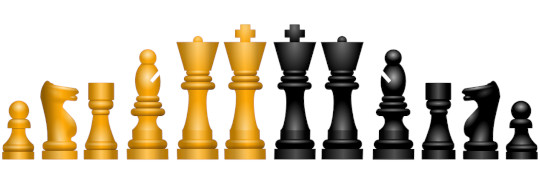Sarah Churchill? James Agate? A. L. Rowse? Theodor Reik? Apocryphal?

Question for Quote Investigator: A legend asserts that Sarah Churchill, Duchess of Marlborough wrote a passionate remark in her diary. Here are three versions:
- Today the Duke returned from the war and pleasured me twice in his top boots.
- My Lord on returning pleasured me thrice without removing his boots.
- His Lordship returned from the wars this morning, and pleasured me thrice in his top-boots!
Are any of these statements genuine? What evidence is available?
Reply from Quote Investigator: Several researchers have attempted to explore this topic, and the available evidence is weak. Sarah Churchill died in 1744, and the first citation known to QI appeared almost two hundred years later in the diaristic autobiography of English theatre critic James Agate. The fourth volume of his autobiography titled “Ego 4” was published in 1940, and it included an entry dated July 28, 1938. Agate discussed his dislike of pageants which included amateur theatrical events. He was unable to suspend his disbelief because he knew the prosaic backgrounds of the performers. Boldface added to excerpts by QI:1
How can those be Hengist and Horsa when we know them to be young Mr Pepper and young Mr Salt, the obliging assistants from the local grocer’s ? How can yonder stout party hope to be Sarah, Duchess of Marlborough—“His Grace returned from the wars this morning and pleasured me twice in his top-boots”—when we know her to be the vicar’s sister and quite unpleasurable?
Agate included the quotation to illustrate the sensuality of Sarah Churchill which the amateur performer was unable to embody and project. Yet, it was unclear how Agate learned of the quotation. Later citations stated that the line was from a family tradition or an oral tradition.
Perhaps there is a closely held diary or letter containing the statement, but QI has not yet seen supporting evidence for this hypothesis, and the phrasing has been highly variable.
Below are additional selected citations in chronological order.
Continue reading “Quote Origin: His Grace Returned From the Wars This Morning and Pleasured Me Twice in His Top-Boots”





